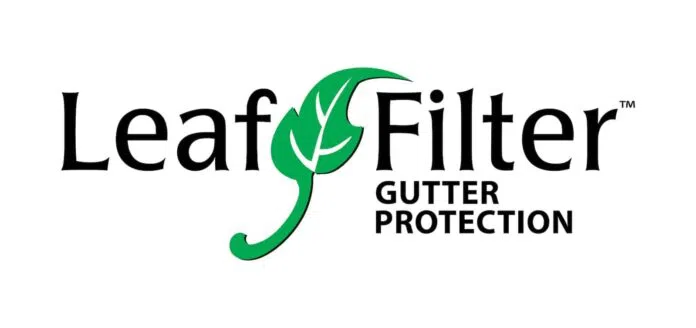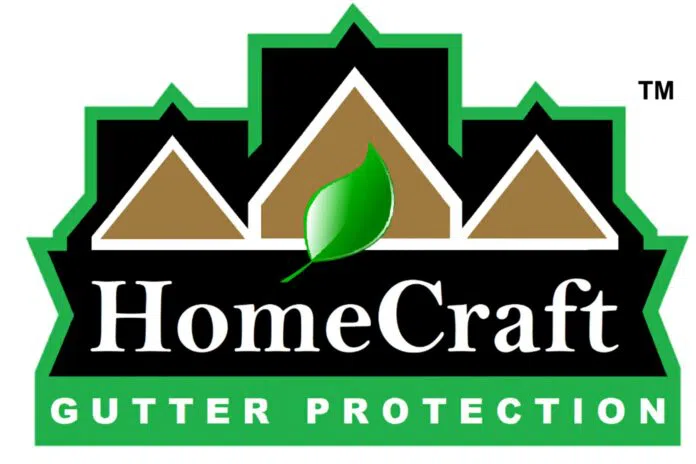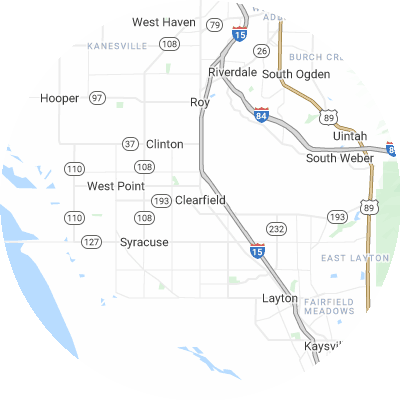Signs You May Need Gutter Guards
While gutter guards aren't always necessary, signs of obstructed gutters are clear. Issues stemming from persistent gutter problems include:
- Soggy ground or visible erosion patterns around your home's foundation
- Frequent clogs that lead to overflow and water spilling over gutters
- Visibly saggy, damaged, or misaligned gutters that no longer correctly direct rainwater
- Mold growth, peeling exterior paint, or interior water stains on walls near gutters.
- Leaky seams or joints where water leaks out of gutters
How To Choose a Gutter Guard Installer
Assess Their Experience
When picking an installation company, look for one with considerable experience and knowledge about many brands and guard types. A company with experience will understand how to take measurements and fit gutter guards for your specific needs. Check a company's years of experience and request referrals from local customers.
Verify Proper Licensing and Insurance
Confirm that any companies you're considering are properly certified, bonded, and insured, with both general liability and workers compensation coverage. This shields you from liability for potential injuries and accidents. Ask potential providers for current licensing and insurance papers.
Choose Reputable Brands
Look for companies that offer highly reputable gutter guard brands like LeafFilter and Gutter Helmet. Avoid companies that only install generic no-name guards or their own off-brands, which may not have undergone rigorous quality control testing.
Seek Custom Fit Services
For the best performance, guards should be sized and trimmed on-site to fit your gutters. Pick a company that takes specific measurements and does custom cutting for guards for your home rather than using generic guards. Correctly fitted guards won't have any gaps where debris can get trapped.
Examine Warranties
High-quality gutter guard companies normally offer 20-year or lifetime warranties against clogs, rust, leaks, and other issues. Before choosing a company, carefully review the warranty terms for materials and workmanship guarantees. Warranties are an excellent means of protecting your gutter investment.
Check Reviews and Referrals
Be sure to check online reviews on Yelp, the Better Business Bureau (BBB), Google Reviews, and other review sites to learn about customer experiences. Ask neighbors for recommendations of quality local gutter guard companies. When researching providers, it's best to select companies with consistent positive feedback instead of just one or two reviews.
Types of Gutter Guards
There are six typical gutter guard types. These include the following:
- Foam guards consist of pieces of foam that rest in your gutters to block debris. They're light and easy to install. Foam guards cost around $2.45 per linear foot.
- Brush guards are made of large brush bristles that sit inside your gutters, stopping debris and allowing water to pass through. Brush guards cost around $4.03 per linear foot.
- Screen guards have large holes that let water through while keeping out debris. On average, you can expect to spend $4.02 per linear foot for screen guards.
- Mesh guards have smaller holes than screen guards and similarly stop debris while allowing water to filter through. Mesh gutter guards are durable and let debris slide off rather than sit on top of your gutters. On average, you can expect to spend $3.84 per linear foot for mesh guards.
- Micro-mesh guards are typically the most effective. Micro-mesh guards have smaller holes than regular mesh guards, which lets even less debris through. On average, you can expect to pay $4.94 per linear foot for micro-mesh guards.
- Surface tension guards, also called reverse curve guards, use surface tension to let water flow into your gutter system while debris slides off. Typically, they will be visible from the ground. On average, you can expect to spend $2.97 per linear foot for surface tension guards.













